The first of more than a dozen legal actions between Apple and Qualcomm went to trial in Washington, D.C., on Friday, where U.S. International Trade Commission staff issued a recommendation that the presiding trade judge find the iPhone maker in infringement of Qualcomm IP.
Brought in front of an ITC judge, Qualcomm's complaint alleges iPhone and iPad models powered by Intel cellular modems are in infringement of owned patents relating to various mobile technologies including carrier aggregation, graphics processing and signal amplification. The chipmaker last July asked the body to block the import of such equipment and implement a U.S. sales ban in a bid to force a settlement.
After reviewing the case, ITC staff lawyers lodged an opinion that a judge find in favor of Qualcomm on at least one patent covering battery-saving technology, reports Reuters.
While ITC staff act as a neutral third party, judges often side with their recommendations, the report said. In this case, such a ruling could lead to exclusion and cease and desist orders targeting a number of iPhone models.
Apple in filings leading up to today's trial proceedings argued Qualcomm's patents-in-suit are invalid. Further, the company suggests a ban on iPhone models carrying Intel modems would give Qualcomm a monopoly on cellular modems in the U.S.
Today's trial and the multiple actions that ensued between Apple and Qualcomm both domestically and abroad over the past year share a common origin in a lawsuit Apple filed against the chipmaker in early 2017.
Among other claims, the tech giant in that case alleges Qualcomm withheld nearly $1 billion in rebates in retaliation for Apple's participation in a South Korean antitrust investigation. Apple also claims Qualcomm abuses its "monopoly power" to demand high royalties and force chip buyers to license patents. The case sparked a string of suits and countersuits that span six countries.
Aside from its troubles with Apple, Qualcomm has run afoul of governmental regulators in certain jurisdictions, including the European Union, which leveled hefty fines against the chipmaker for nefarious dealings.
The ITC case is expected to conclude in January.
 Mikey Campbell
Mikey Campbell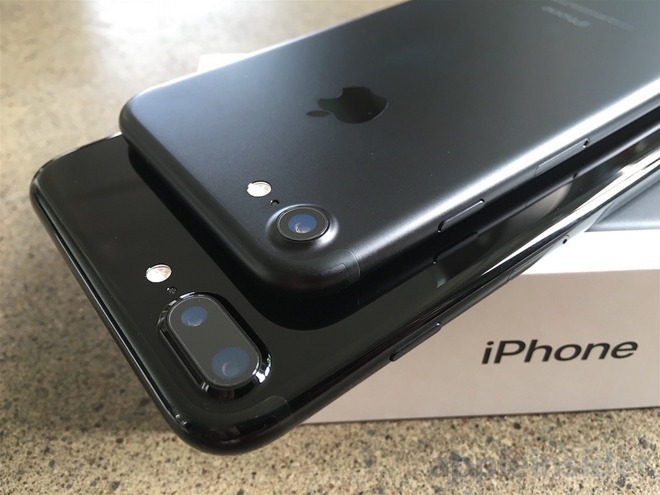




-xl-m.jpg)


-m.jpg)






 William Gallagher
William Gallagher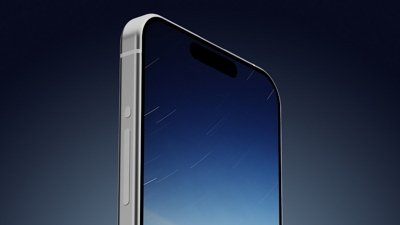
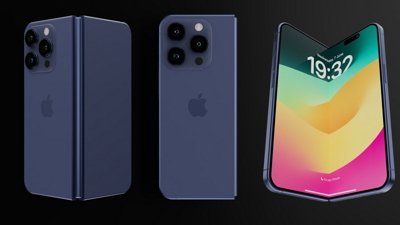
 Amber Neely
Amber Neely
 Andrew Orr
Andrew Orr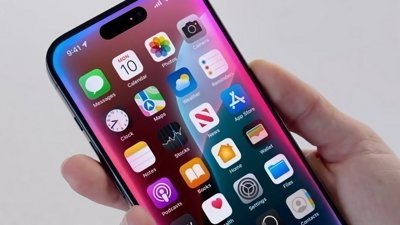

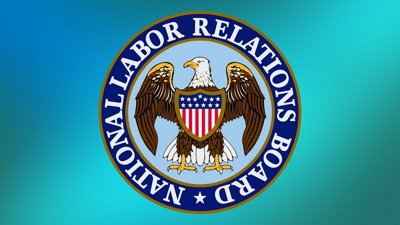

 Christine McKee
Christine McKee








16 Comments
The ever impartial Lucy Koh again?
Shouldn't QC be filing suit against Intel then? If the Intel chip infringes on QC's patents then there is a case for Intel to answer. I guess suing Apple is more credible for QC's PR.
Qualcomm is sinking and continues to thrash around trying to secure some sort of income so they can cling to life. If they won a suit against Intel, it would be a one-time cash infusion, and would take many years (of appeals) to get. If they successfully leverage a suit against Apple, they hope to force Apple to use their products, therefore giving them the lifeline that they need.